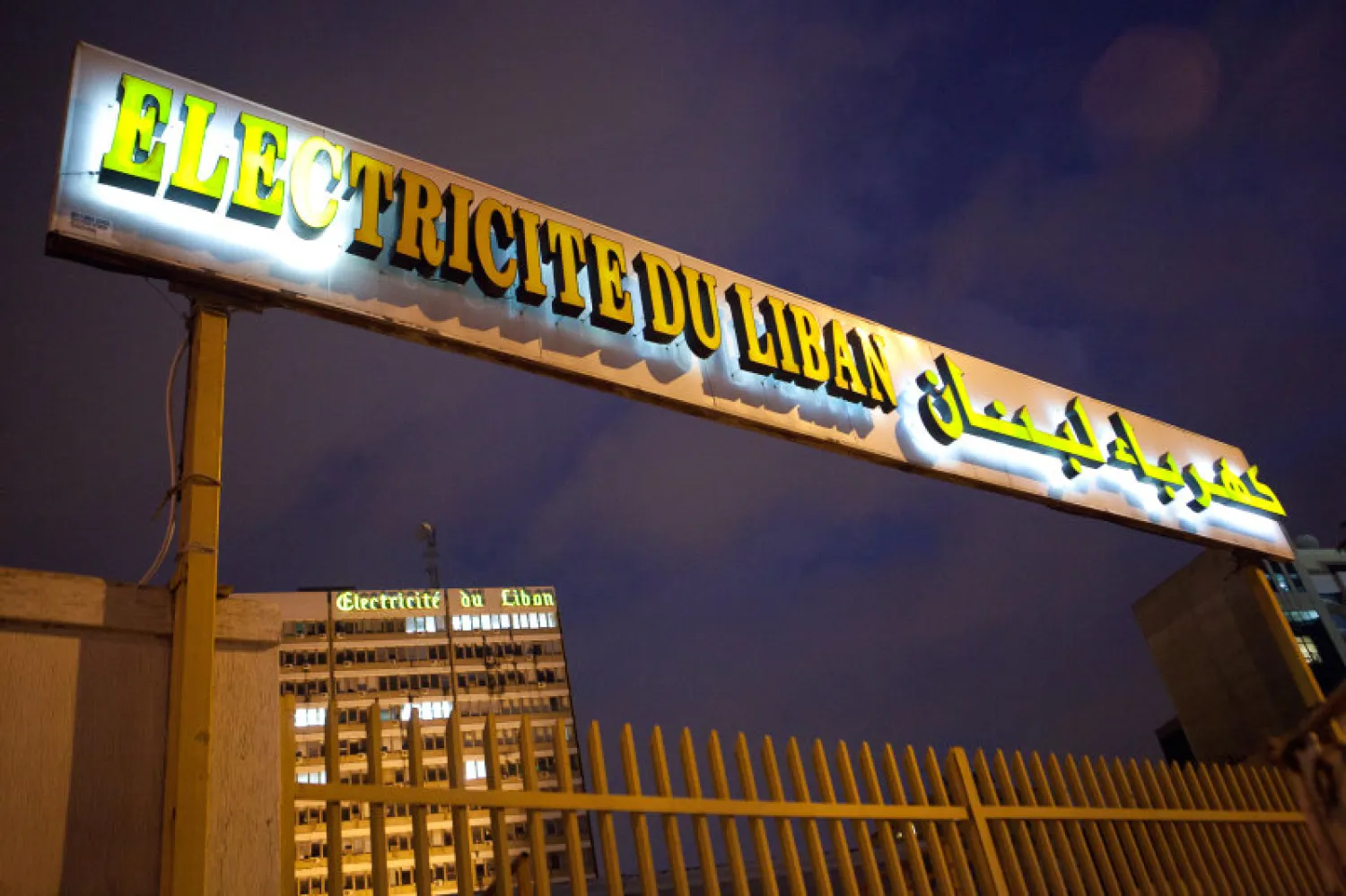Power cuts in Lebanon have reached unprecedented levels due to bad management and the absence of a political agreement on a plan for the sector’s revival.
The crisis worsened on Friday by an open-ended strike organized by workers of Electricite du Liban (EDL), Lebanon’s state-run electricity firm.
The strike has led to power cuts in most Lebanese regions and drove popular resentment.
In the last few days, a number of ministers and deputies raised their voices by demanding an end to the “suffering” caused by the lack of power on the eve of New Year celebrations.
Those calls have reached their peak when Minister of State for the Displaced Moeen al-Merehbi broke into the electricity establishment in Halba, north Lebanon, and opened the door for employees to restore power to the villages that have suffered from a severe shortage in the past few days.
EDL workers on Friday announced they were still on open-ended strike after their representative failed to reach any result despite meeting with a delegate from the Finance Ministry.
For its part, EDL apologized in a statement for the continuous power cuts, speaking about an “exceptional and difficult situation, for reasons outside its control.”
Economic expert Jassem Ajaqah told Asharq Al-Awsat on Friday that the biggest problem behind the electricity crisis is the mismanagement of the sector and the absence of any planning and modernization.
“The best solution for the crisis, which has been dragging since the 1970s, is to place a long-term plan that stipulates building a least one new state-owned or privately-owned power plant in every governorate and to rent power-generating vessels as a temporary solution for the improvement of Lebanon's electricity supply,” the expert said.









